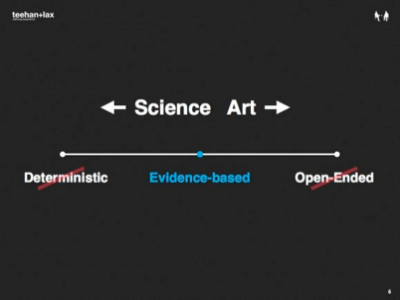How cunning is JCV or how foolish is our immune system? #ResearchSpeak #NeuroSpeak #MSBlog #MSResearch
"Nothing in immunology is simple. The dogma in the immunology world is that CD8+ cytotoxic T-lymphocytes (CTLs) are all that is needed to clear the brains of pwMS of JC virus when they have PML. The study below suggests that the CTL response is not enough and that you also need CD4+ T-lymphocytes to help their CTL partners in clearing mutant JCV. This would support the observation that T-cells in general are important in keeping viral infections at bay in people who are immunocompromised. The 4 cases below of PML on natalizumab indicate that clearance of the virus from the central nervous system is a slow and delayed process. This is why it is not possible to start a pwMS who has recovered, or is recovering, from PML on any DMT that suppresses the immune system. If you do the PML may simply flare-up again. This is why the options of treating MS in this situation are so difficult. The problem we face is that some of these pwMS may have very active disease and are in need of a highly-effective DMT. Could daclizumab be the best DMT in this situation? It is not overtly immunosuppressive and appears to expand the NK-cell population that have antiviral effects. Daclizumab's impact on effector T-cell function, both CD4+ and CD8+, are more subtle, but not negligible. The other option is to use an anti-CD20 monoclonal antibody; there are two on the market at present (rituximab and ofatumumab). The problem with this strategy is that once you give an anti-CD20 monoclonal the effects on the B cell population take many months to wear off. At present we don't think you need B cells to fight JCV. A safer option would be to simply go back to interferon-beta or glatiramer acetate as a treatment option; these may not be high efficacy drugs on average, but if the person concerned has not been exposed to these agents in the past it may be worth seeing if they are interferon-beta or GA responders. Finally, there is the option of not doing anything regarding MS, but as most pwMS on natalizumab have rapidly evolving severe, or highly-active, MS they may need to be on a DMT. There are no easy decisions to make in this situation and all of the above advice is not evidence-based; it is simply supported by scientific, or immunological, principles. This is why the practice of medicine in part remains an art and not a science. Put another way all the advice in this post may be wrong."
OBJECTIVE: Symptomatic infections of the central nervous system (CNS) with JC polyomavirus (JCV) usually occur as a result of immunocompromise and manifest as progressive multifocal leukoencephalopathy (PML) or granule cell neuronopathy (GCN). After immune reconstitution, some of these cases may show long-term persistence of JCV and delayed clinical improvement despite inflammation.
METHODS: We followed 4 patients with multiple sclerosis, who developed natalizumab-associated PML or GCN with regard to JC viral load and JCV-specific T-cell responses in the CNS. All of them experienced immune reconstitution inflammatory syndrome (IRIS), but in 2 cases JCV persisted > 21 months after IRIS accompanied by delayed clinical improvement.
RESULTS: Persistence of JCV was associated with a lack of JCV VP1-specific T-cell responses during immune reconstitution in 1 of the patients. Detailed analysis of the brain infiltrate in another patient with neuronal persistence of JCV revealed strong infiltration of CD8+ T cells and clonal expansion of activated CD8+ effector T cells with a CD4dim CD8+ phenotype, both exhibiting exquisite specificity for conserved epitopes of JCV large T antigen. However, clearance of JCV was not efficient, because mutations in the major capsid protein VP1 caused reduced CD4+ T-cell responses against the identified JCV variant and subsequently resulted in a decline of CD8+ T-cell responses after IRIS.
INTERPRETATION: Our findings suggest that efficient CD4+ T-cell recognition of neurotropic JCV variants is crucial to support CD8+ T cells in combating JCV infection of the CNS.
CoI: multiple
